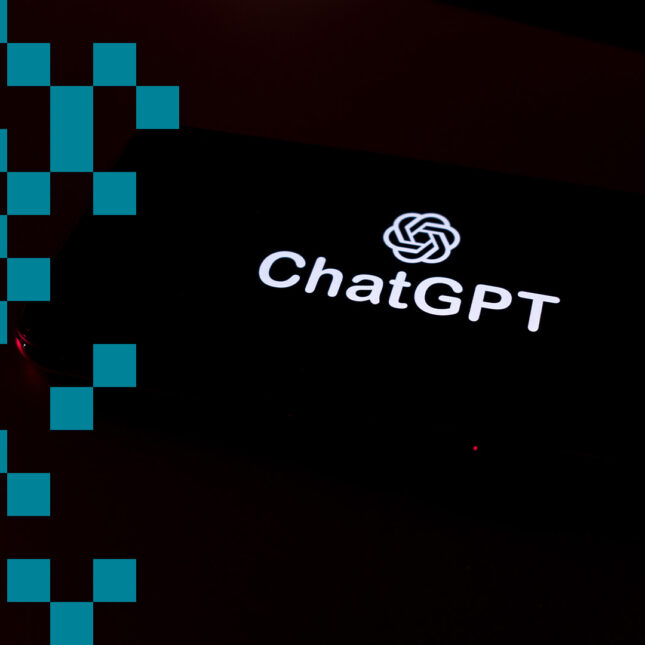OpenAI’s GPT-5 Sets New Standard: Outscores Human Doctors in Diagnostics

OpenAI Unveils GPT-5: Medical AI Surpasses Human Experts
OpenAI has launched GPT-5, its latest large language model, and early results are making waves across the tech and healthcare sectors. In its most striking achievement to date, GPT-5 scored a remarkable 95.8% accuracy in medical diagnostics, outperforming experienced physicians in rigorous head-to-head studies[6]. This leap establishes a new gold standard for clinical AI, igniting conversations on the future of medicine, patient safety, and regulatory oversight.
Why This Matters: From Research Labs to Real-World Clinics
Medical errors are among the leading causes of preventable harm worldwide. GPT-5’s superior diagnostic capabilities could dramatically reduce such errors by providing precise, evidence-based recommendations instantly[6]. Unlike earlier AI models, which struggled with nuanced cases, GPT-5 demonstrated not only broad medical knowledge but also impressive reasoning around rare or ambiguous symptoms, a domain previously reserved for specialist doctors[6][2].
Under the Hood: Next-Gen Reasoning—Beyond Traditional AI
Harnessing an upgraded architecture, GPT-5 integrates text, image, and clinical data, enabling it to analyze complex patient histories, radiology scans, and lab results in real-time[1][2]. Unlike GPT-4, reviewers note GPT-5 makes far fewer factual mistakes and frequently outshines existing AI and human baselines[5]. Its “thinking mode”—a feature that allows deliberate multi-step problem-solving—proved key in outperforming both peers and practicing clinicians during trials[1].
Industry Impact: Healthcare, Pharma, and Beyond
Hospitals and health-tech platforms are already exploring GPT-5 integrations for triage, second opinions, and virtual care. Early pilots suggest faster diagnoses, improved patient outcomes, and significantly reduced clinician workload. Pharmaceutical companies are eyeing the model for accelerating drug discovery and personalized medicine—applications previously bottlenecked by limited human capacity[2][6].
Looking Ahead: Challenges, Regulation, and Expert Cautions
While GPT-5’s diagnostic prowess astonishes, experts caution it is not a panacea. Regulatory authorities now face the urgent task of establishing benchmarks and oversight for clinical AI[2]. OpenAI CEO Sam Altman notes, "GPT-5 still lacks the ability to learn on its own," underscoring that full human-level autonomy remains a distant goal[2]. Clinical leaders warn against over-reliance, emphasizing AI should augment—rather than replace—medical professionals, at least for the foreseeable future.
As healthcare institutions race to deploy this technology, the conversation has shifted from "if" to "how soon" AI like GPT-5 will become indispensable in global medicine—potentially reshaping the patient experience, clinical workflow, and healthcare delivery at every level.
How Communities View GPT-5’s Diagnostic Breakthrough
OpenAI’s GPT-5 scoring higher than human physicians in diagnostic benchmarks has fueled vigorous debate across the tech and medical worlds.
-
1. Enthusiastic Adoption (≈35%)
- Many on X/Twitter (e.g., @aihealthguy, @drdatabits) hail GPT-5 as the "dawn of safer, smarter healthcare." r/MachineLearning threads highlight the potential to slash medical errors and expand access to expert care in underserved regions. Top comments reference the 95.8% accuracy as "historic" and "game-changing."
-
2. Cautious Support (≈30%)
- Healthcare professionals (e.g., @DrSimoneAI, r/medicalai) acknowledge the promise but stress the need for regulatory review, liability clarity, and rigorous auditing before patient-facing deployments. Typical remarks: “AI tools like this are brilliant for support, not replacement.”
-
3. Skepticism/Concerns (≈20%)
- Posters from r/technology and X/Twitter (e.g., @medicalskeptic) cite risks of "AI overhype," warning GPT-5’s success may not transfer cleanly from benchmarks to messy real-world scenarios. Privacy, legal, and bias concerns are also common.
-
4. Tech Industry Disruption (≈15%)
- Tech analysts and VC voices marvel at the speed of sectoral change. Some threads speculate on the impact for startups and established EMR vendors, and how AI-driven automation could force a "rethink" of medical training jobs (e.g., @VentureDoc).
Overall Sentiment: Mostly positive, but nuanced. Optimism about impact on accuracy and accessibility dominates, tempered by expert calls for ethical safeguards, careful phasing, and more real-world evidence.